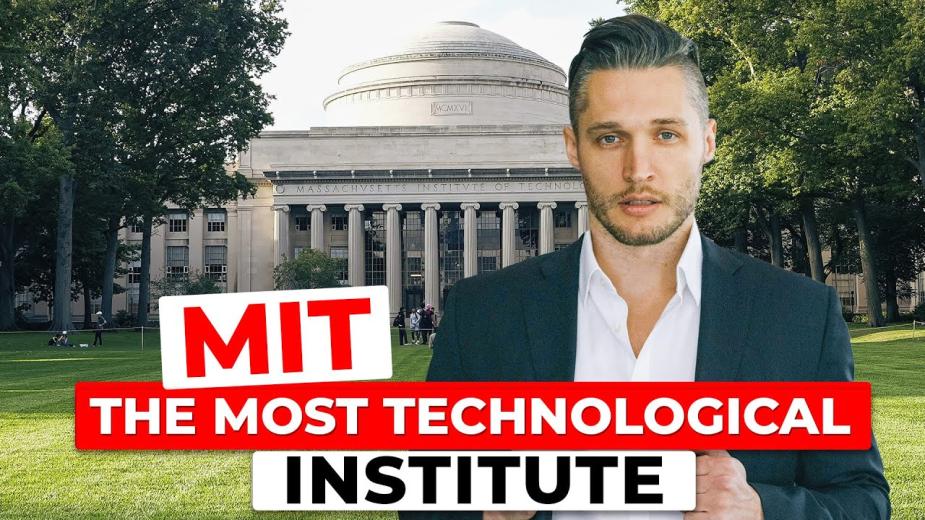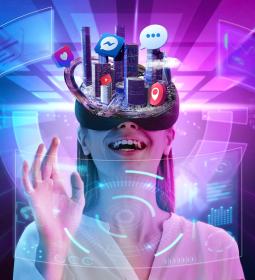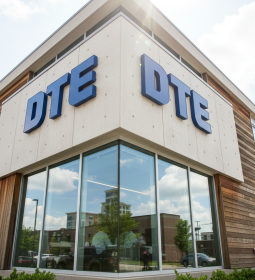Neural networks today are not only a salvation, but also a headache, especially for teachers. Artificial intelligence, led by ChatGPT, has become a real bone of contention. The essays have become logical, with complex turns, but there is little left of the student's independent work. Let's try to figure out how higher (and not only) education will change and whether it is worth sounding the alarm.

ChatGPT's Impact on Education

ChatGPT is getting smarter and more capable every day. For example, it can already generate complex and logical abstracts with ease. And of course, this does not go unnoticed by teachers. On the one hand, it's healthy, isn't it? What could be better than getting a finished work with almost no effort?!
On the other hand, this causes logical concern. Teachers are increasingly noting that ChatGPT negatively affects academic integrity, leading to a decrease in really useful skills among students, and worsens the quality of content. Imagine a student who, instead of learning how to analyze information and express his thoughts, simply downloads a ready-made text. What will this lead to? To complete ignorance of the subject and inability to think critically!
Problems with academic dishonesty
Because of this influence of neural networks, most teachers believe that it is necessary to prohibit or at least limit their use in educational work. But here a problem arises: restrictions do not so much help as cause a new wave of tricks. But effective tools for checking have not yet been invented – or rather, they exist, but they are still very perfect.
Imagine a student who has found a way to circumvent any ban. He will still use artificial intelligence, and it will not be so easy to catch him cheating! As a result, attempts to impose bans will not bring the desired benefit.
Stanford University study

However, do not think that all evil is in neural networks. A recent study by Stanford University showed interesting data. It turns out that academic dishonesty isn't directly related to ChatGPT's accessibility! Students often cheat because they are overwhelmed or simply do not understand the tasks — and this, of course, is not the fault of neural networks.
It turns out that the problem is deeper. Yes, a student uses artificial intelligence, but he does it not because such an opportunity is available to him, but because it is difficult for him to maintain a high rhythm of study.
Need to change the job format
The tasks really need to be revised. Educational works should become practical and applied, should require students to be fully immersed in the educational process. Only such tasks will help develop the ability to think, analyze and critically assess information. The point is that the tasks do not leave a chance for a simple "copy and paste": the more the student is involved in the process, the less desire and opportunity he will have to use ChatGPT or other neural networks. If you give students trivial tasks, be prepared to receive canned answers.
A new approach to the education system

The irony is that neural networks should be a destabilizing element for higher education. In such an uncomfortable way, they push us to revise our approaches: universities need to teach students creativity, the ability to compare facts and combine knowledge. Basic education should include the study of the humanities, logic, and dialogue, which is necessary to develop the ability to think, analyze, and criticize. It is necessary to teach not only to assimilate information, but also to understand its essence so that a person can learn all his life.
Benefits of live communication
Perhaps most importantly, higher education should always focus on human interaction! Nothing can replace live communication, knowledge sharing and mutual verification of tasks. Not only does this help you absorb the material better, but it also has emotional and socializing components, something that no neural network can give. Education is not only knowledge, but also the ability to build relationships, find a common language, and understand people. Interaction with the teacher and classmates is an important part of this process.
We live in an amazing time when neural networks are becoming our full-fledged assistants. However, it is important for us to remember: the future of higher education depends on us, on whether we can find a balance between new technologies and fundamental human skills. Let's learn to think, analyze and not forget about the importance of communication, and let ChatGPT and its colleagues remain excellent assistants, but do not completely replace us.










